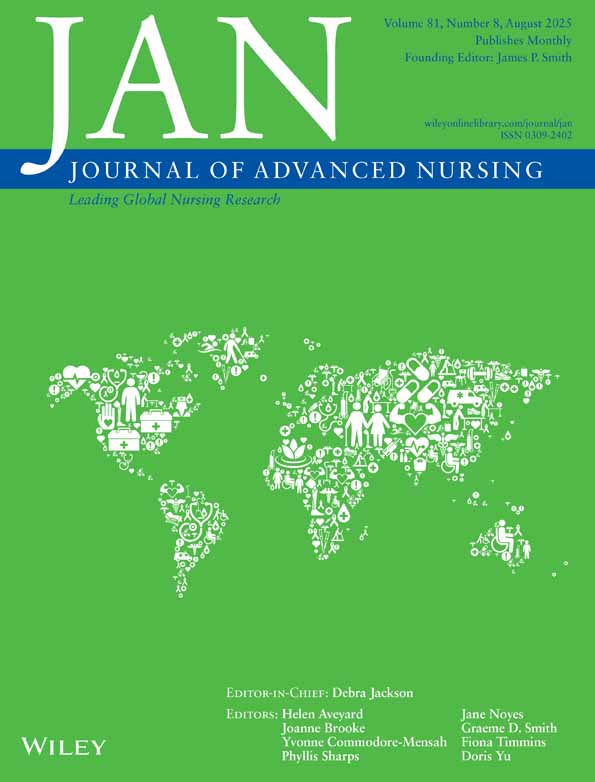How women receiving adjuvant chemotherapy for breast cancer cope with their treatment: a risk management perspective
Abstract
How women receiving adjuvant chemotherapy for breast cancer cope with their treatment: a risk management perspective
Retrospective interviews were undertaken with 12 women who had received an 18-week course of adjuvant chemotherapy for positive node breast cancer 1 year previously, and who had not experienced cancer recurrence. The nonstandardized interviews covered women’s preconceptions about adjuvant chemotherapy, their information needs, and the impact of treatment. The qualitative data analysis drew upon the theoretical ideas of patient career, trajectory projection and qualitative risk analysis. Some women regarded adjuvant chemotherapy as no more than an ‘insurance policy’. This perception may have arisen because doctors, attempting to minimize patient anxiety, did not discuss the high risk of disease recurrence which they faced. Other women equated adjuvant with curative chemotherapy, and anticipated hair loss or almost certain death. The women tried to cope with the physical and mental suffering associated with adjuvant chemotherapy through normalizing strategies, such as keeping a brave face, maintaining previous patterns of life, looking for humour and restructuring time. However, the rapid alterations in physical and mental state resulting from cycles of adjuvant chemotherapy resulted in a ‘rollercoaster’ experience for women which made normalization more difficult. Health professionals caring for women who must cope with uncertain future trajectories need to manage a risk communication dilemma. A strategy of fully informing women about the risks they face may cause anxiety or depression, and even impede recovery, given the evidence for psychological influences on health outcomes. But, if women do not understand the medical thinking on which their treatment is based, their misconceptions may be equally damaging.




